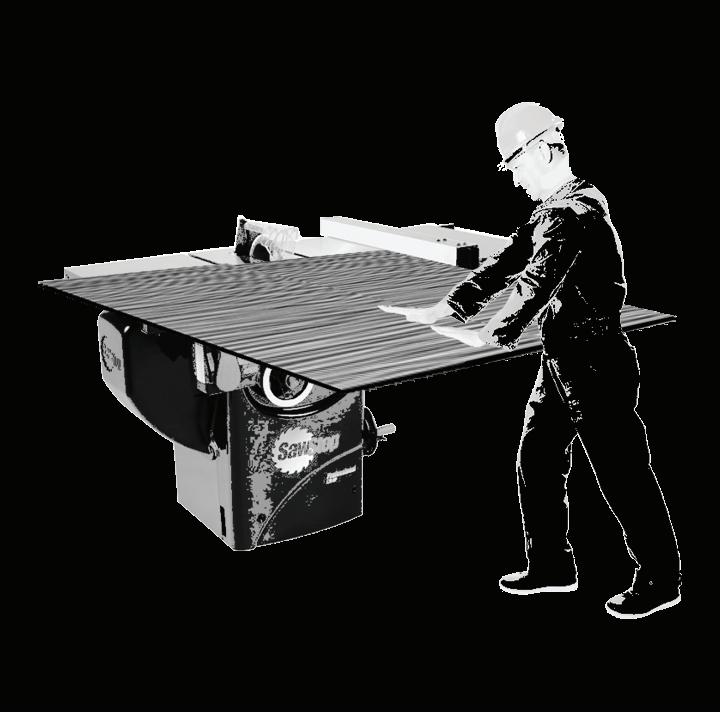
2 minute read
RE_CON Stakeholders
Economic Sustainability At the building scale, RE_CON 01 aspires to promote economic sustainability through strategies of prefabrication, development of local labor via job skill training programs, and reduction of utility costs afforded by the environmental strategies described above. Off-site construction minimizes construction waste, increases quality, and reduces construction time on site, typically resulting in lower overall cost. The RE_CON 01 is predicated on the use of 2’, 4’, and 8’-wide wood framing panels to be pre-fabricated at PROJECT RE_ by labor apprentices in job training programs with affiliated partners. Many of the apprentices in the partnering job skill training programs are from the neighborhoods where the RE_CON prototypes are intended to be implemented; thus, prefabrication of components through PROJECT RE_ provides these individuals an opportunity to develop skills necessary for earning a living wage while simultaneously and literally rebuilding their community. At the neighborhood scale, RE_CON 01 and future RE_CON houses aspire to promote mixed-income development in East Liberty and adjacent neighborhoods by introducing market-rate home-owners into the market while leveraging profits from the sale of those homes to achieve and maintain affordability for existing long-term residents with hopes of establishing long-term economic sustainability. RE_CON 01 & 02 JOB SKILLS TRAINING: HPCP
Production Salary $17.59 / Hr The Living wage for two working adults supporting 3 children in Allegheny County is $17.68.
Advertisement
169 MILLION TONS 169 MILLION TONS
HPCP Job Skill Training
7.4 MILLION ABANDONED HOMES
22% US SOLID WASTE
Annual waste from Demolished Homes
SOURCE: LIVING WAGE.MIT.EDU SOURCE: BUREAU OF LABOR STATISTICS Recent studies have shown that mixed-income communities demonstrate longterm stability and resilience.
Environmental Sustainability RE_CON 01 aspires to promote environmental sustainability through the reuse of regionally-sourced waste building material, passive design strategies, renewable energy, and energy efficient building systems and appliances. In line with the mission of PROJECT RE_, the RE_CON 01 proposal diverts usable building material from landfill by incorporating it into the design of the new home. Overrun, returned, or damaged High-Performance Concrete Panel (HPCP) sourced from Pittsburgh-based industry partner TAKTL will also be utilized as a component of the rainscreen skin system. Other reclaimed material, such as oak flooring, lumber, and solar panels, were sourced from DE_CON 01 - a pilot deconstruction project executed by the UDBS in the fall of 2018 involving the complete deconstruction of Carnegie Mellon University’s 2005 Solar Decathlon House - and will be incorporated into RE_CON 01. The re-use of regionally-sourced building materials adds to environmental sustainability by enhancing neighborhood identity and pride of place.
Social + Cultural Sustainability RE_CON 01 aspires to promote social and cultural sustainability through its functional organization and use of material. The organization of RE_CON 01 is designed to sympathetically align with ELDI’s objectives of fostering spaces for social engagement on the interior and exterior of the house and cultivating a lively and safe streetscape. Outdoor living space, including a front porch, is provided to connect the home’s living spaces to the street and support the “porch culture” that is so prevalent in Pittsburgh. Rebuilding porch culture creates an environment where community members have eyes on the street, creating a safer environment, and creates an outdoor room with a direct connection to the neighborhood, connecting neighbors and building community. Regionally-sourced building materials help to enhance the identity of the neighborhood and promote long-term investment in place.









